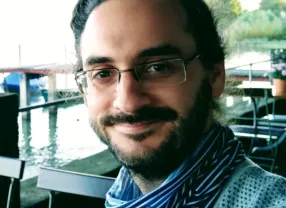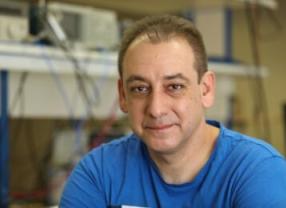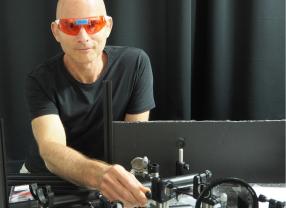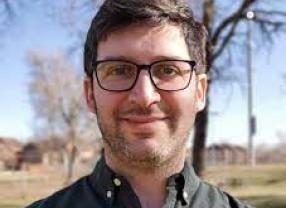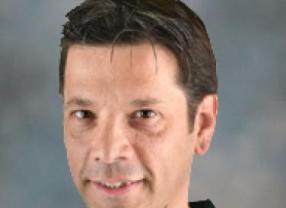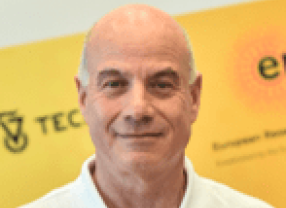“Computers are physical systems, and so are our brains. Therefore, they are subject to physical laws that determine what they can and cannot calculate,” points out Prof. Itai Arad, a theoretical physicist who researches the field of quantum information. He is determined to better understand physical systems by drawing on tools and insights from a variety of disciplines – including condensed matter physics, information theory, computer science and statistical mechanics.
Specifically, Prof.
